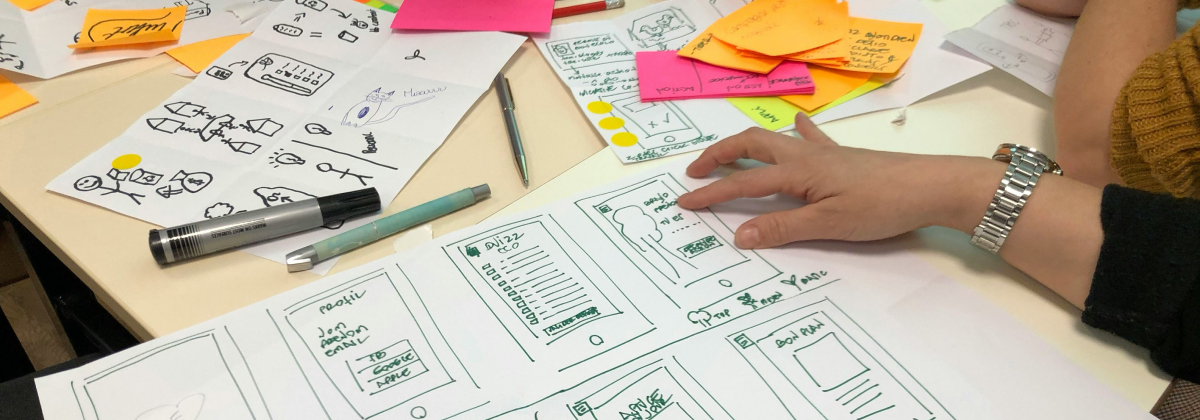
UX Design: Creating Meaningful and Intuitive Experiences
UX Design is the practice of designing interactions that prioritize users’ needs and expectations. It combines research, prototyping, and usability testing to transform complex ideas into simple and efficient experiences.
UX Design plays a vital role in guiding users through products and services, ensuring smooth navigation, accessibility, and satisfaction. It goes beyond functionality, creating connections between users and brands through solutions that solve problems and leave a lasting positive impression.
By deeply understanding human behavior, UX Design leverages factors such as accessibility, information hierarchy, and interaction patterns to develop solutions that are both functional and visually appealing. This process not only enhances usability but also helps achieve brand goals, such as increasing customer loyalty and brand recognition.
What makes my UX Design approach unique:
Structural Excellence
Building user-centered frameworks designed to ensure functionality, scalability, and engagement.
Collaborative Approach
Integrated work with stakeholders and multidisciplinary teams to align insights and ideas into cohesive solutions.
Fast Delivery
Agile prototyping and validation processes for efficient, on-time results.
Results-Driven Focus
Creating intuitive interactions that boost engagement and deliver outcomes aligned with brand goals.
User Centered
Decisions guided by research and a deep understanding of user behavior and needs.
Essential Tools I Use

Figma
Adobe XD
Clarity
Miro

Notion
These tools ensure quality, agility, and precision at every stage of the design process, always aligned with project goals and user needs.